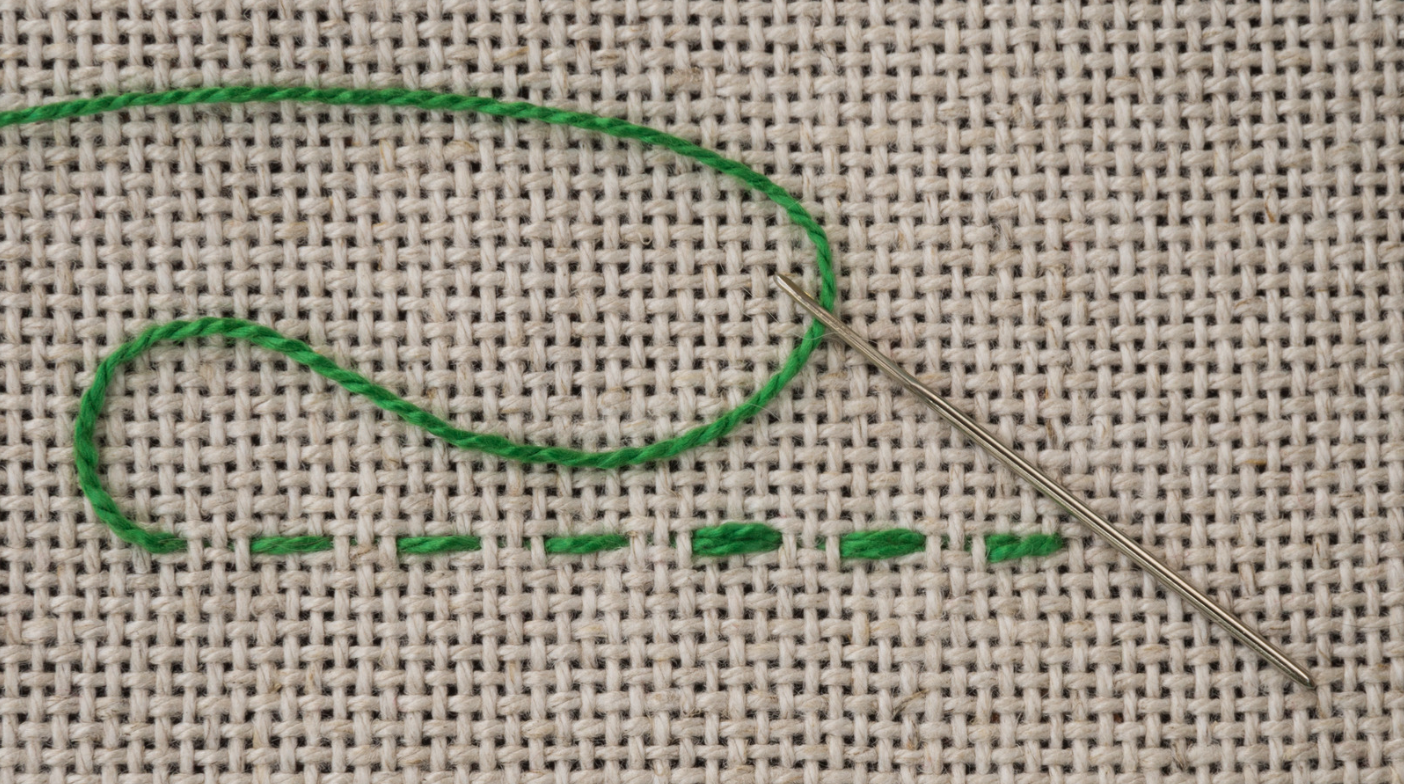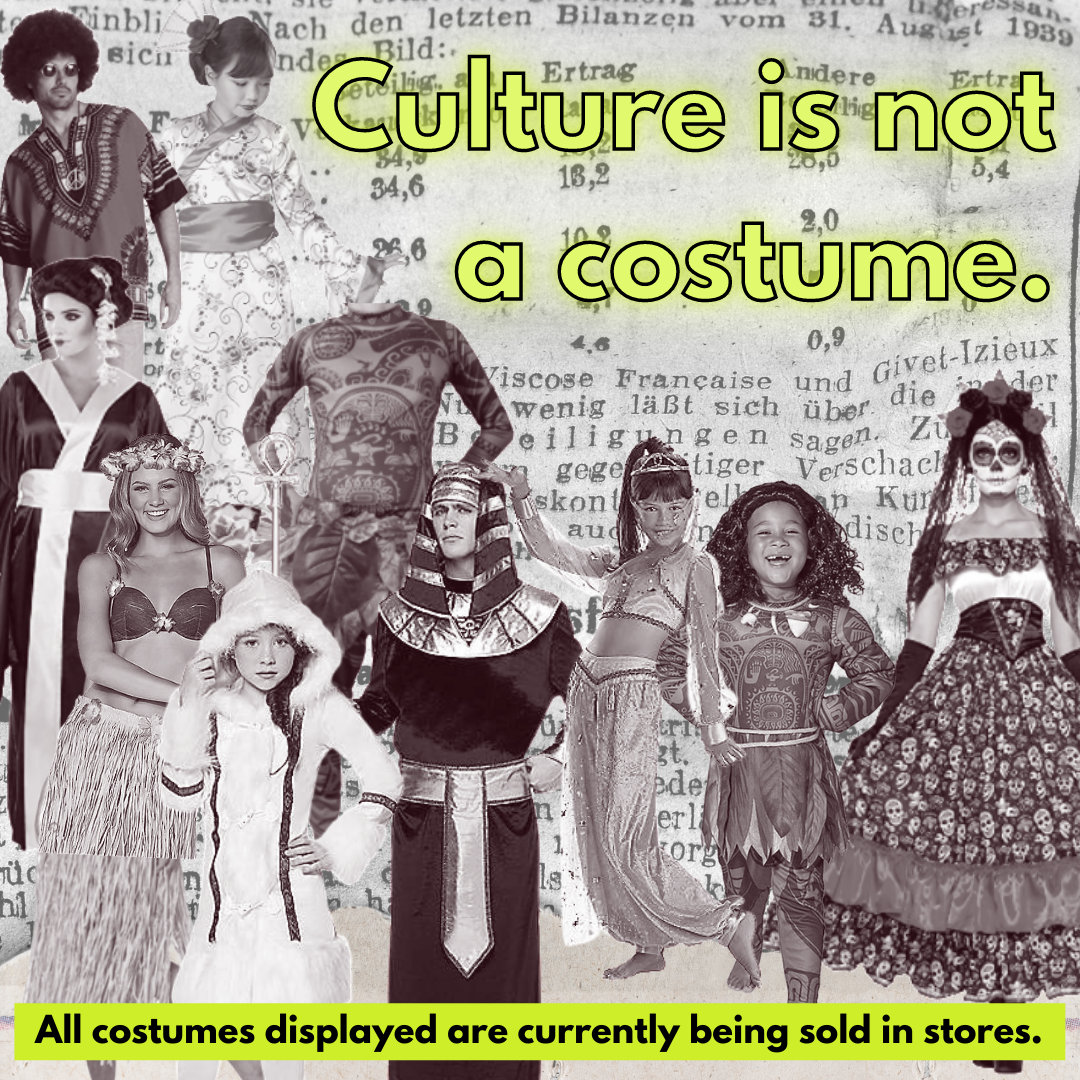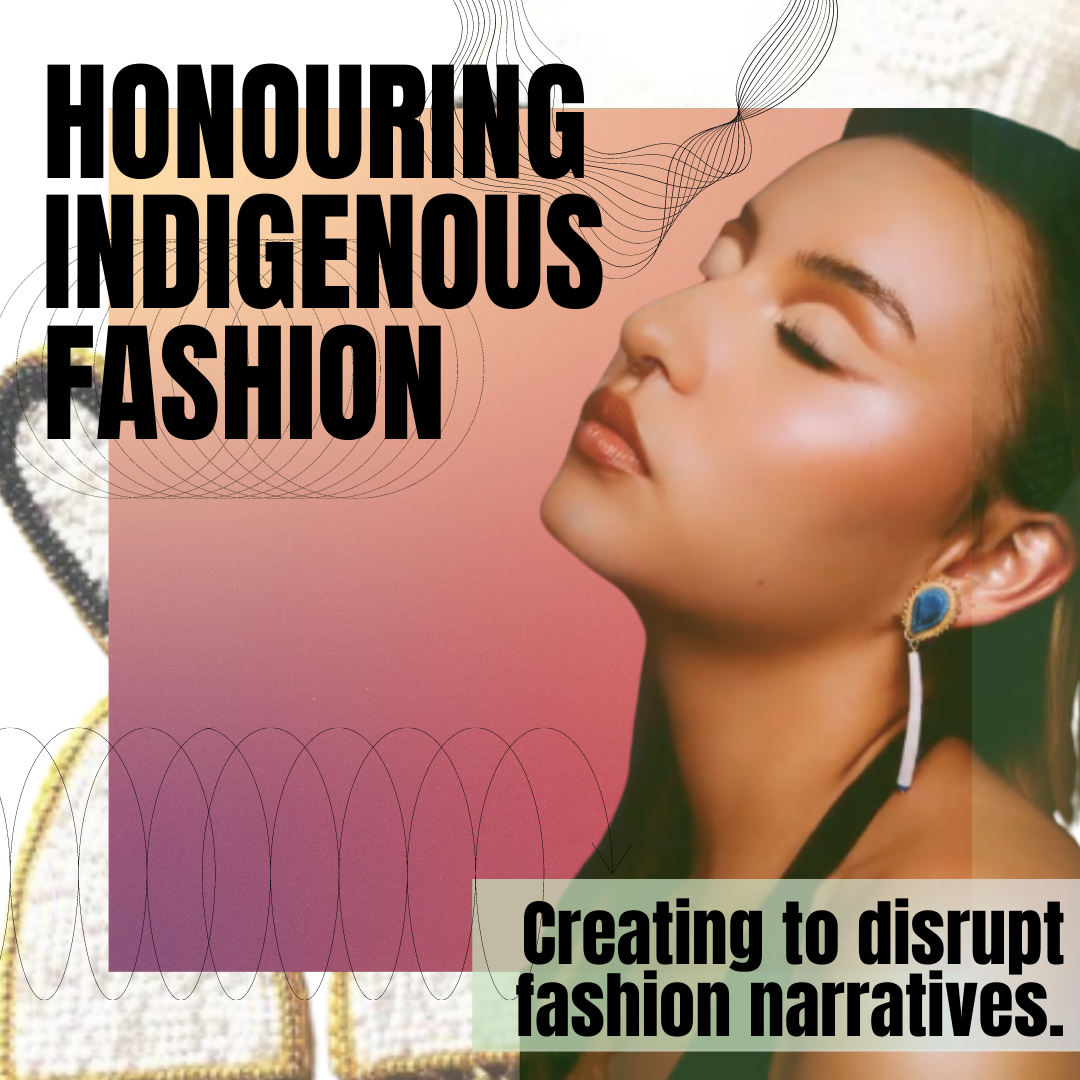
The Green Stitch Blog

Cultural Appropriation: An Analysis of Costumes
Cultural appropriation is on the runway, it's in food trends, luxury fashion and hair styles done in photoshoots. We have heard it before, but do we truly understand the implications it has? Cultural appropriation is harmful, problematic, and it represents a general ignorance to the connections history of dress carries with white supremacy, colonialism and power hierarchies. These acts of cultural appropriation, oppression, racial stereotyping, or sexual fetishization rely on the harmful stereotypes about Black, Indigenous and People of Colour that originate from historical power dynamics. The dominant, Eurocentric culture steals experiences and elements from a group of people or culture that is experiencing ongoing systemic oppression. When we are culture appropriating we are removing culture from its context, history and knowledge perpetuating harmful interpretations, stereotypes and systemic oppression of cultural groups and individuals.

Fashioning Indigenous Identity and Resistance
Written by: Isabelle Sain, Communications Designer @ Threading Change
Editor: Sarah O’Rourke, Communications Manager @ Threading Change
[14-minute read]
Since first contact by settlers, Indigenous peoples, Trans, and 2spirit relatives have been made vulnerable through the appropriation of traditions and culture, and assimilation and forced displacement; both are continuous colonial strategies of extraction through cultural genocide.
